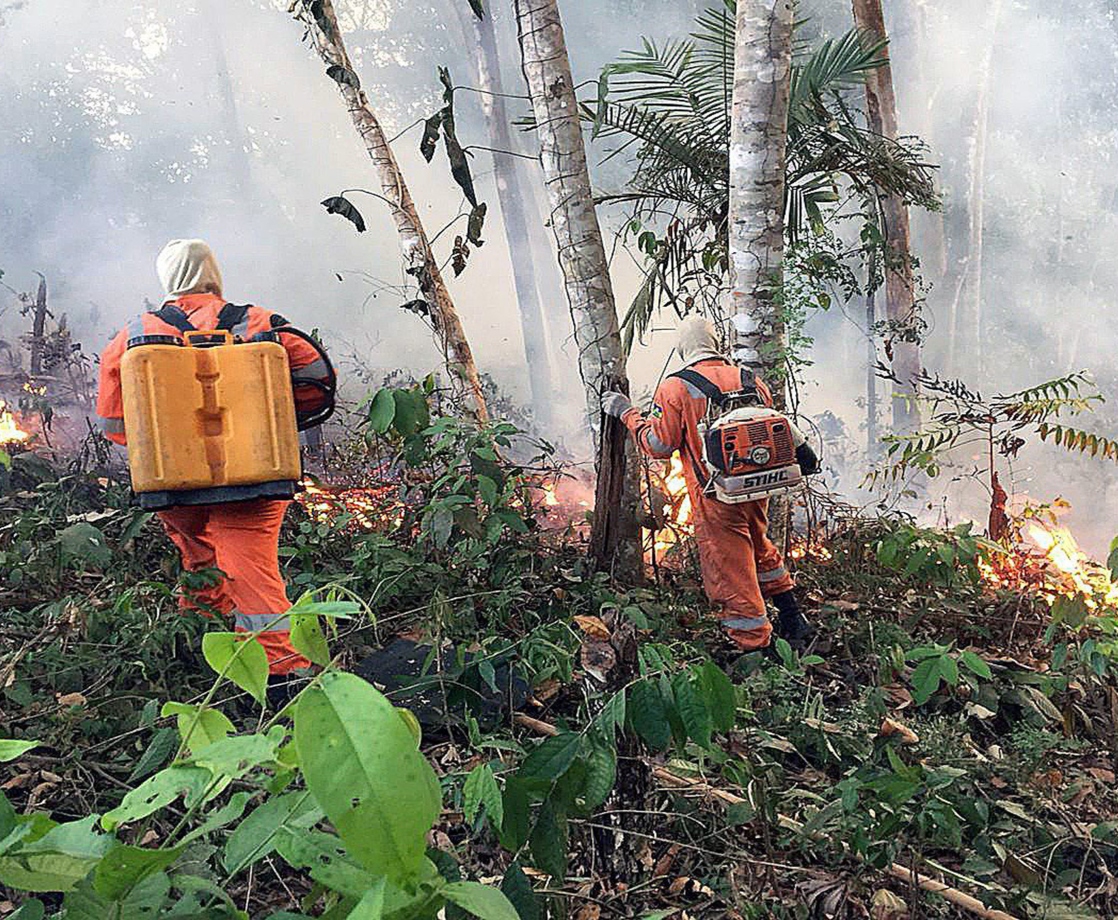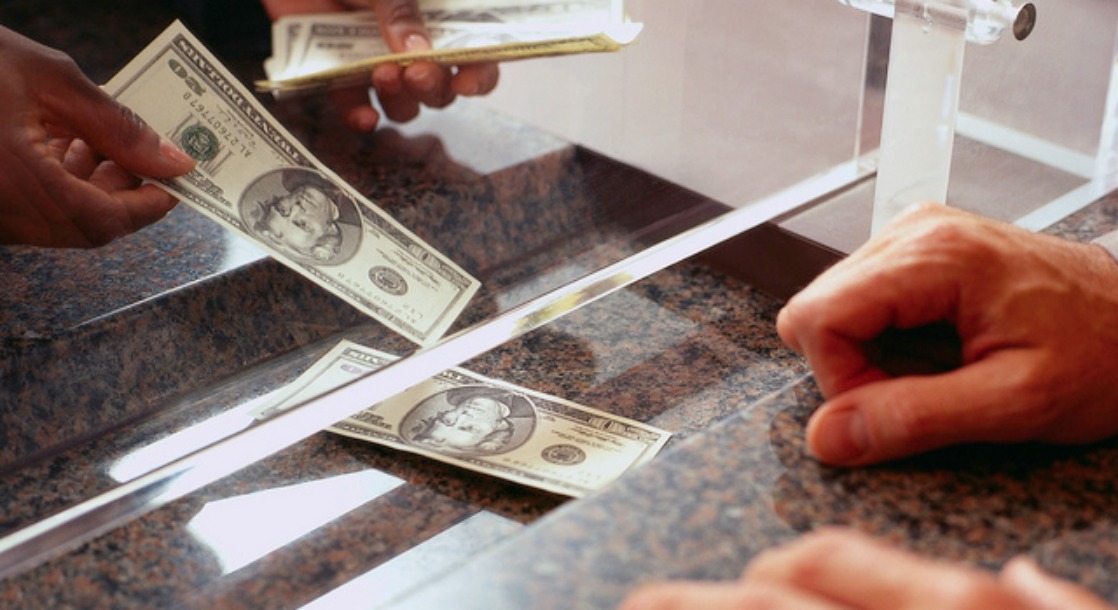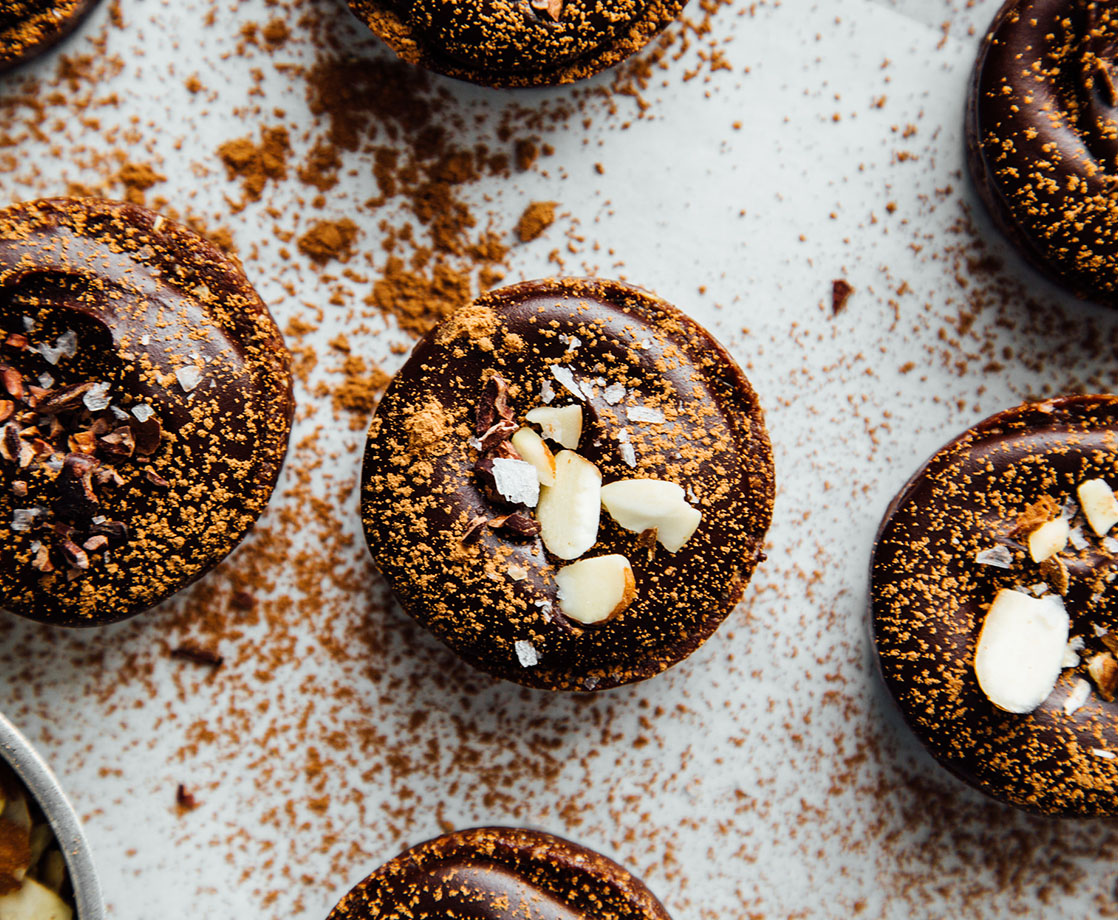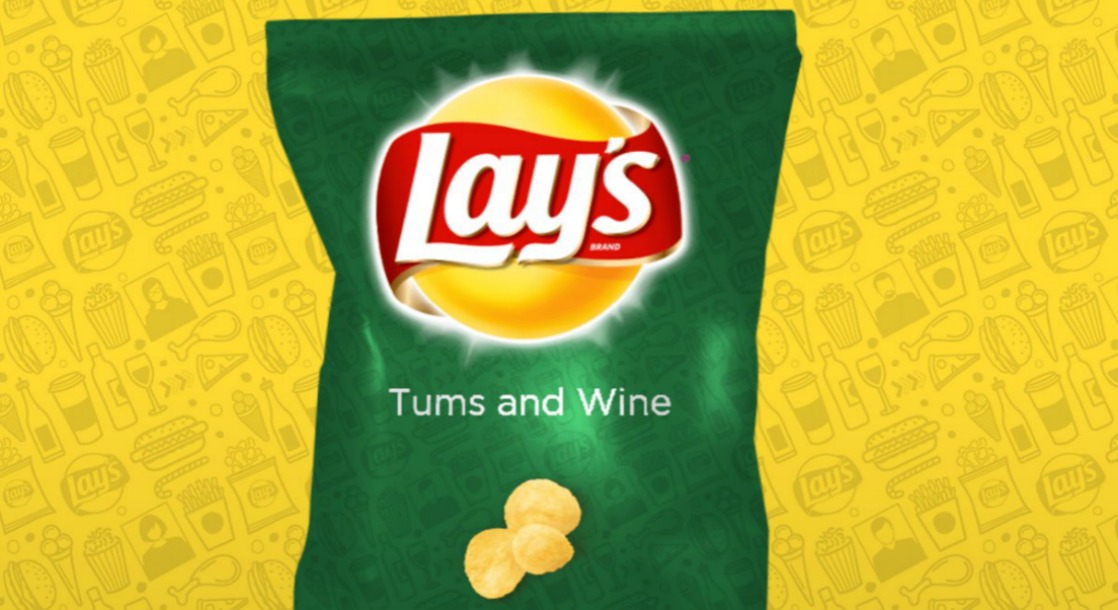Brazil’s president Jair Bolsonaro may be turning a blind eye to the burning Amazon rainforest, possibly because his government is far more concerned about cartel violence than it is with preserving 20 percent of the planet’s oxygen.
The fact that cartels are now the country’s Public Enemy Number One should come as no surprise, seeing as Brazil is the world’s second-largest consumer of cocaine (with the US being first, of course). According to the German news agency Deustche Welle, Brazil also has “a murder rate of 30 per 100,000 inhabitants. In 2018 alone there were some 60,000 murders, nearly double the number of people killed in the drug cartel war in Mexico that year.”
For comparison, the US has a murder rate of around 5 per 100,000 people. Most other industrialized nations hover around 0.8 homicides per 100,000 people.
How did cocaine become such a major political and social issue in Brazil? For starters, the nation shares borders with the three top cocaine-producing nations: Colombia, Peru, and Bolivia. Also, cocaine is so cheap in Brazil that just about everyone can afford it at $1 a gram. In the US, a gram of coke goes for anywhere between $50 to $100, depending on where you are.
Of course, governments and their police forces often collude with organized crime, and what’s going on in South America isn’t unique. Nor is the US government innocent here.
Gallery — Insane Vintage Cocaine Advertisements:
According to investigations at The Intercept, the Brazilian government exploited an anti-corruption operation dubbed “Lava Jato” purely for political purposes. Lava Jato exposed several corrupt Brazilian politicians and business leaders, who exchanged bribes and favors to ensure certain petroleum and ranching corporations received government contracts.
Lava Jato also derailed former Brazilian President Luiz da Silva’s reelection bid in 2018; da Silva is currently in prison and awaiting trial. The anti-corruption campaign is credited with putting President Bolsonaro into office, and elevating him to national-hero status, even though he’s now suspected of illegally colluding with petroleum and ranching companies, too.
But Lava Jato is also under fire: Judges and federal attorneys allegedly coordinated with one another to smear and incarcerate their political foes, which is against the law in Brazil. There’s also evidence that the US DOJ, since 2014, quietly supported Lava Jato to facilitate social and political unrest in Brazil.
What does all of this mean? It means the War on Drugs rages on, and things won’t get better with Trump at the helm in the US and Bolsonaro running Brazil. Both presidents have taken a “tough on crime” stance, which has, historically, exacerbated problems stemming from drug use and illicit drug trades rather than improved them.
And last but not least, it’s difficult for a president to appear tough on crime when members of his own military are dealing cocaine. I wouldn’t be surprised if, to shirk international pressure for his failure to curb the Amazon’s fires, Bolsonaro is ramping up counterdrug operations to appear as if he’s actually doing something besides stoking racial tension for cheap media airtime.
In case you’re wondering if either Trump or Bolsonaro have done much to stop cocaine production in either country, consider that the US just made the biggest cocaine bust in its history. Although the Trump administration twisted that as a major victory, in reality, a bust that size indicates the problem is getting worse, not better.
Follow Randy Robinson on Twitter











